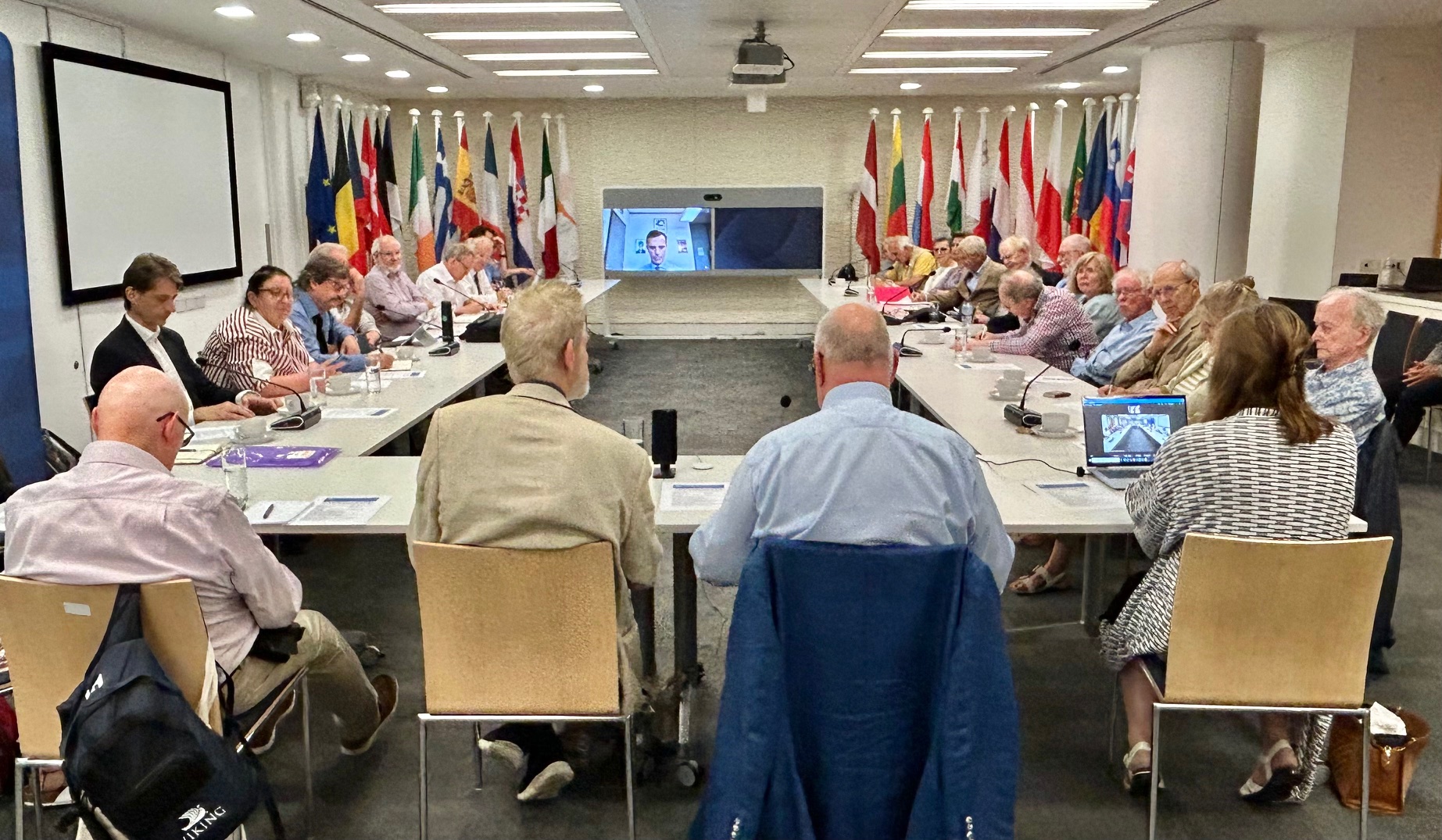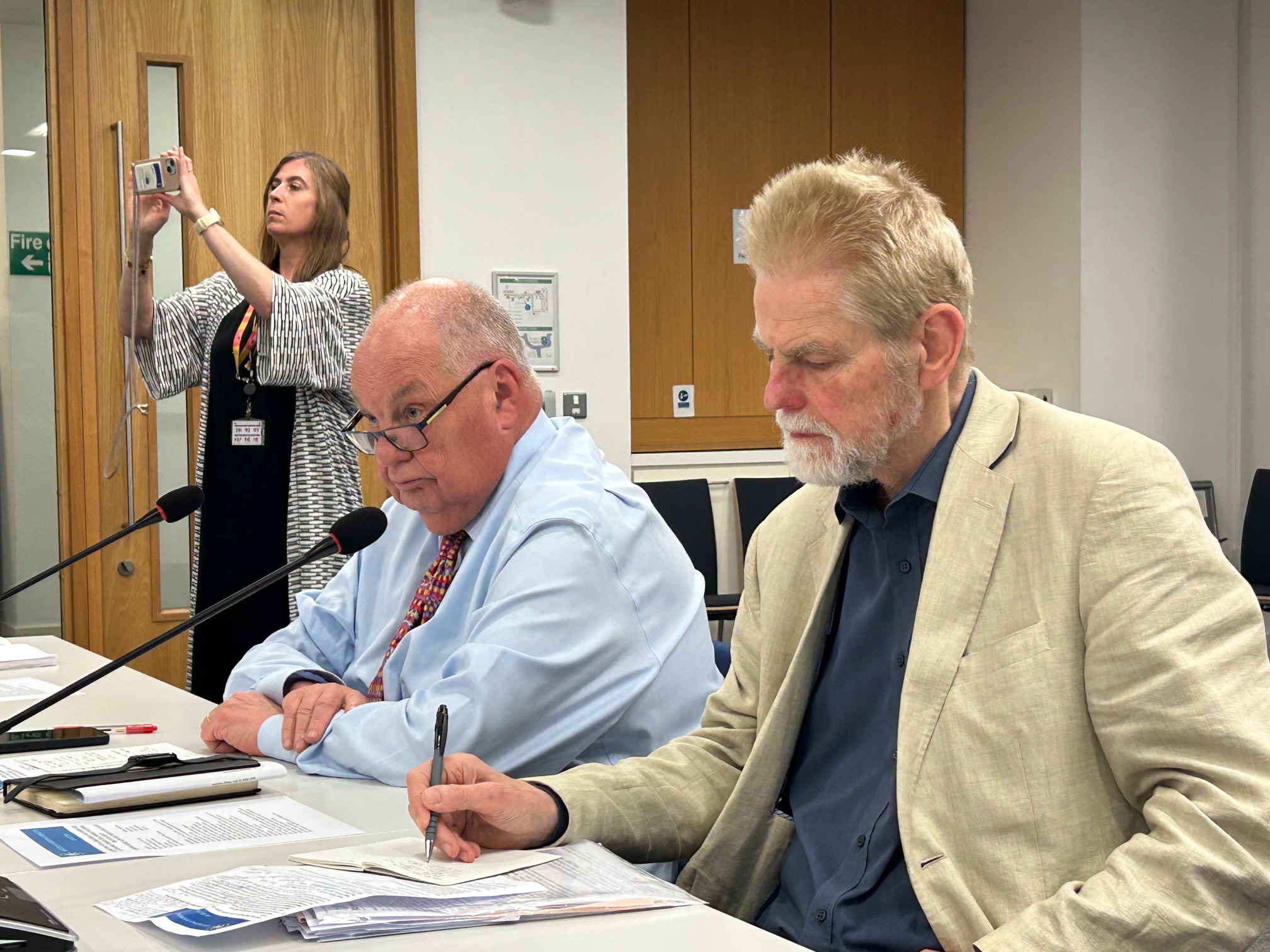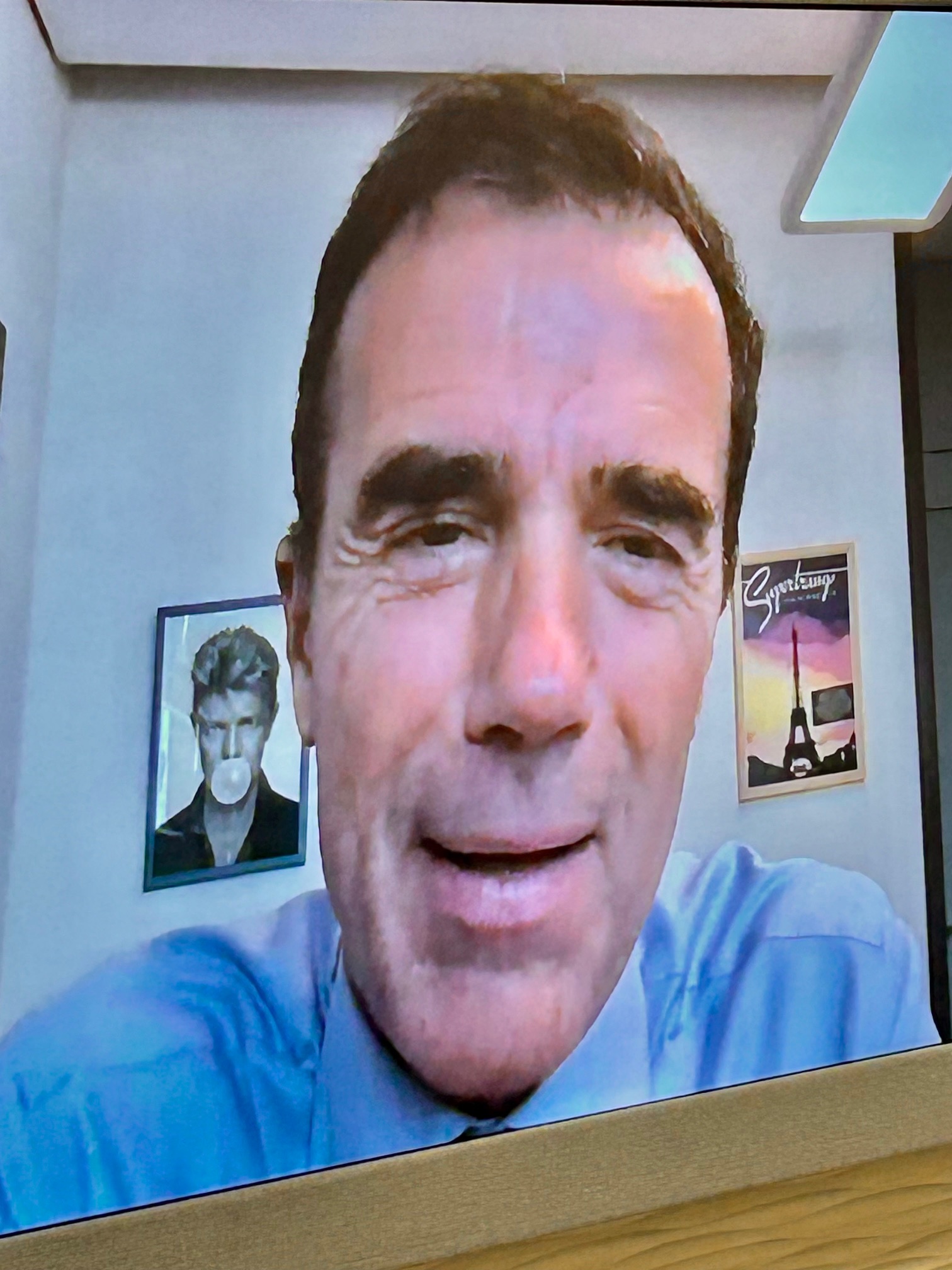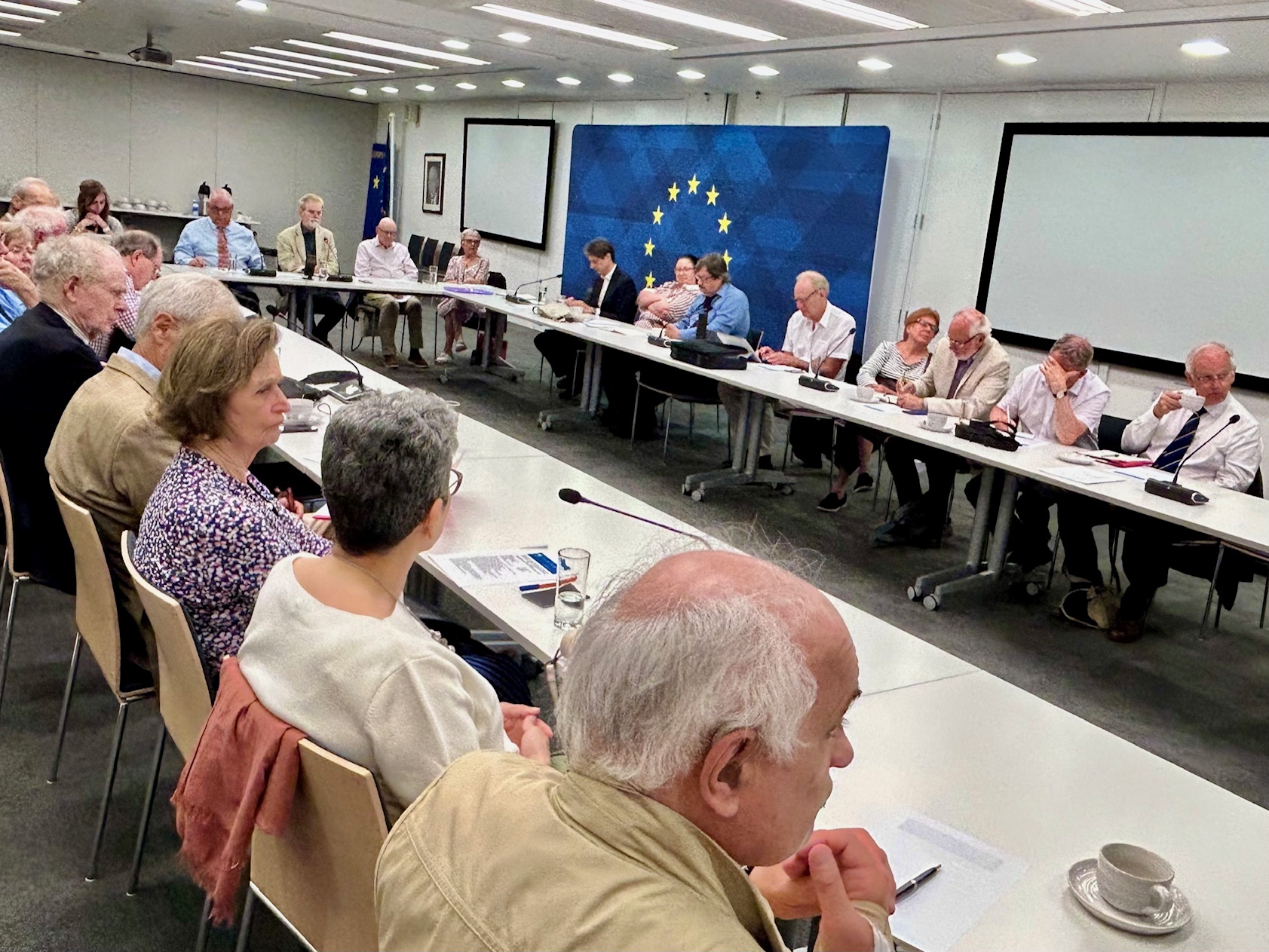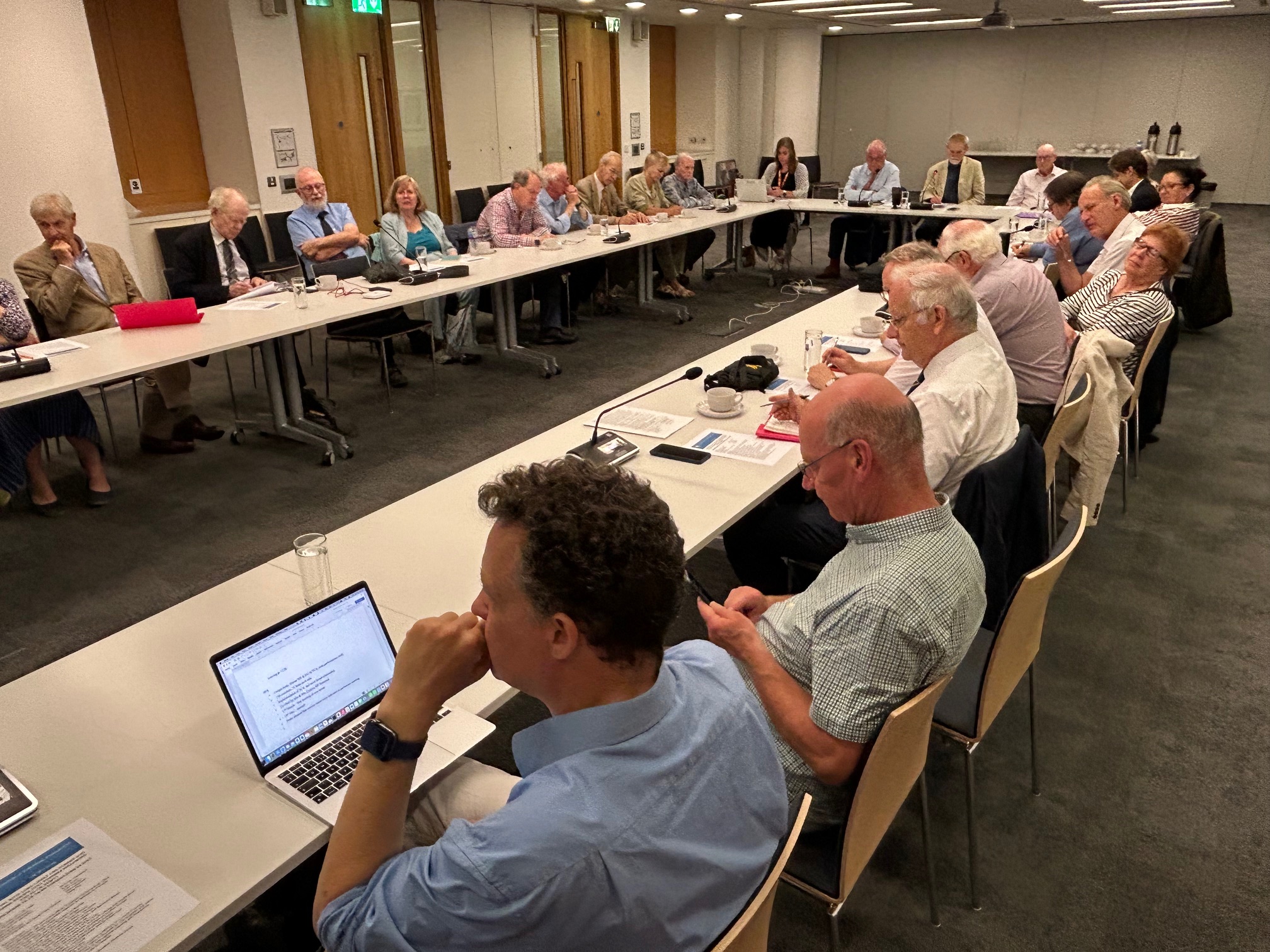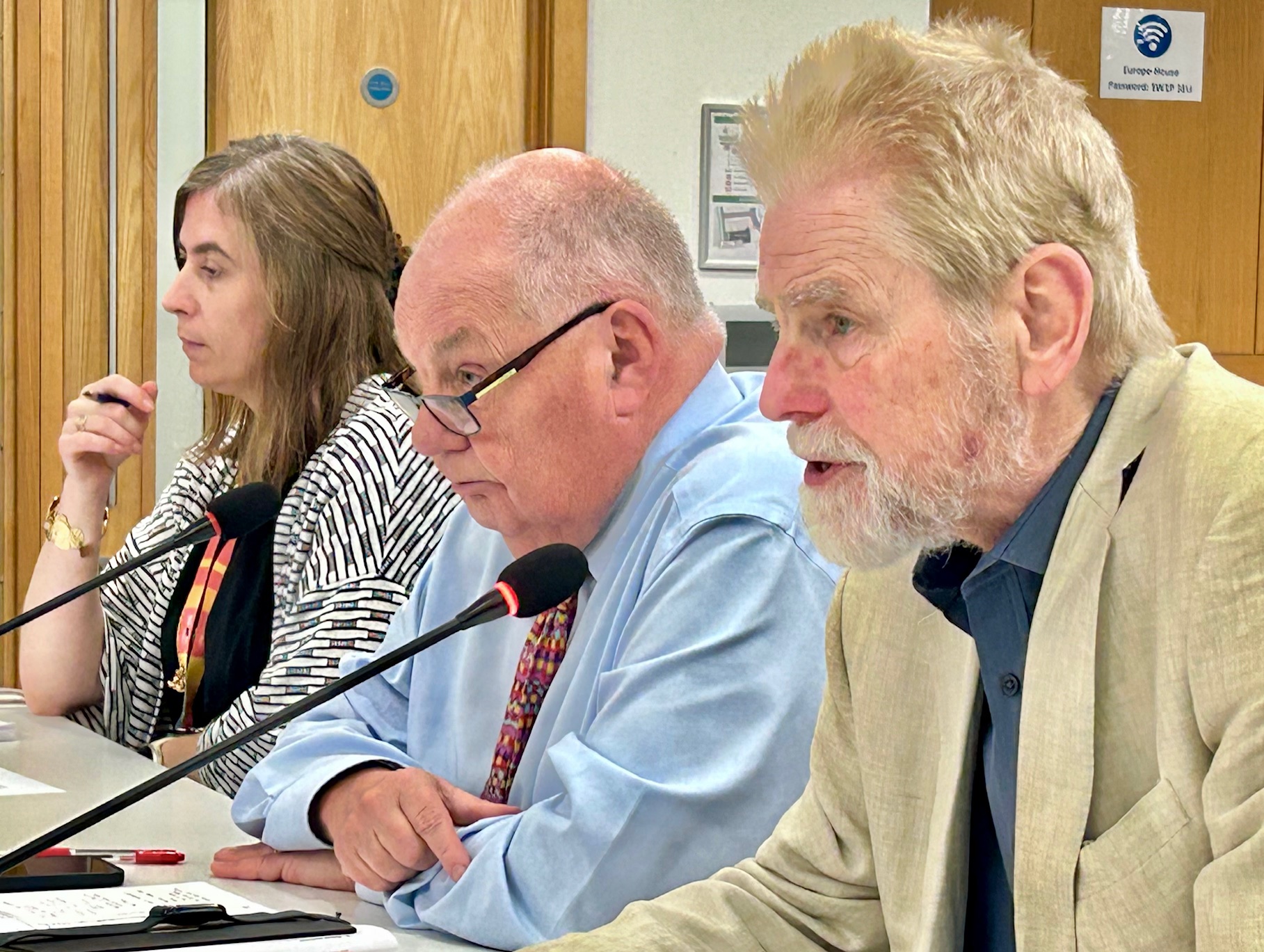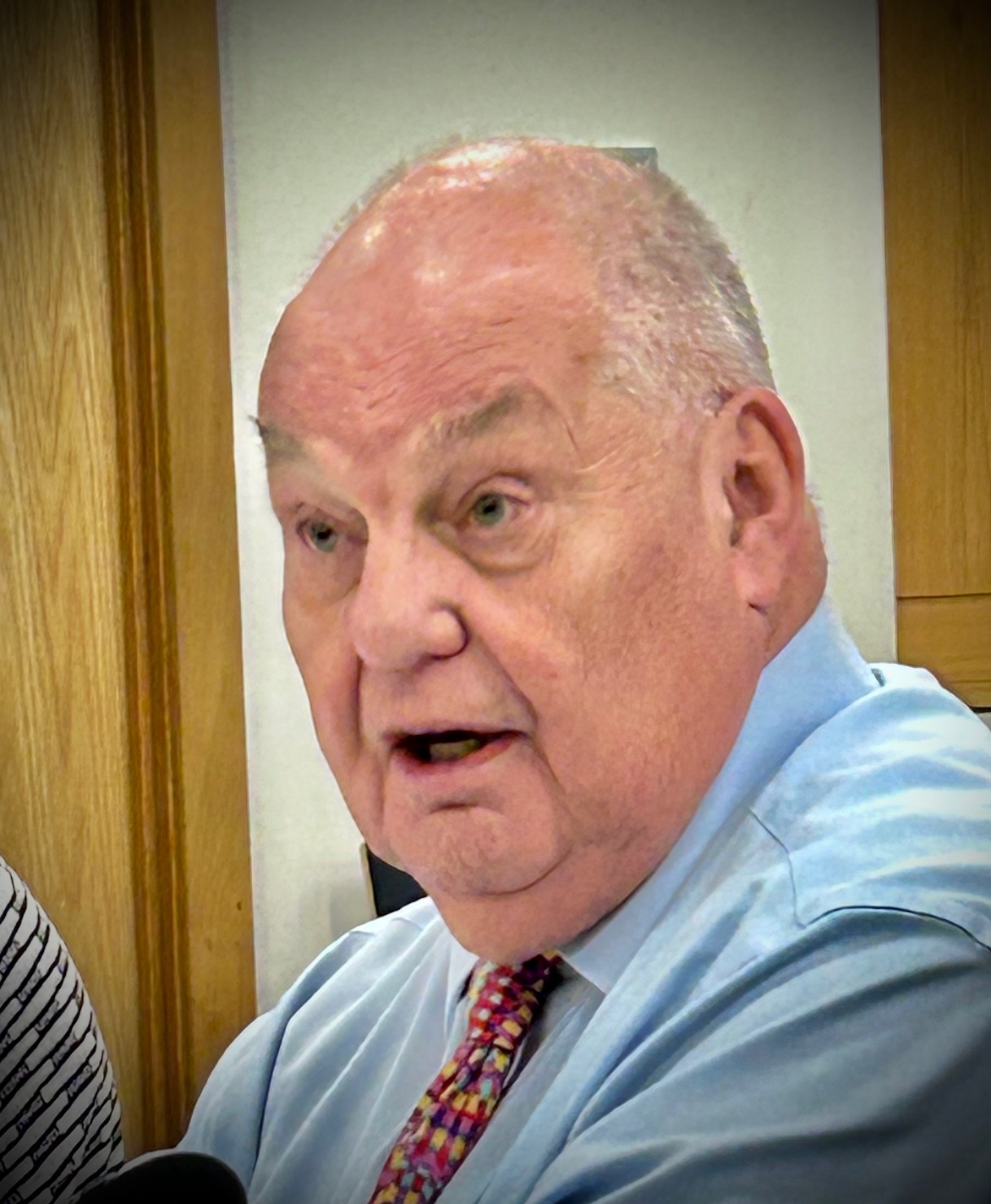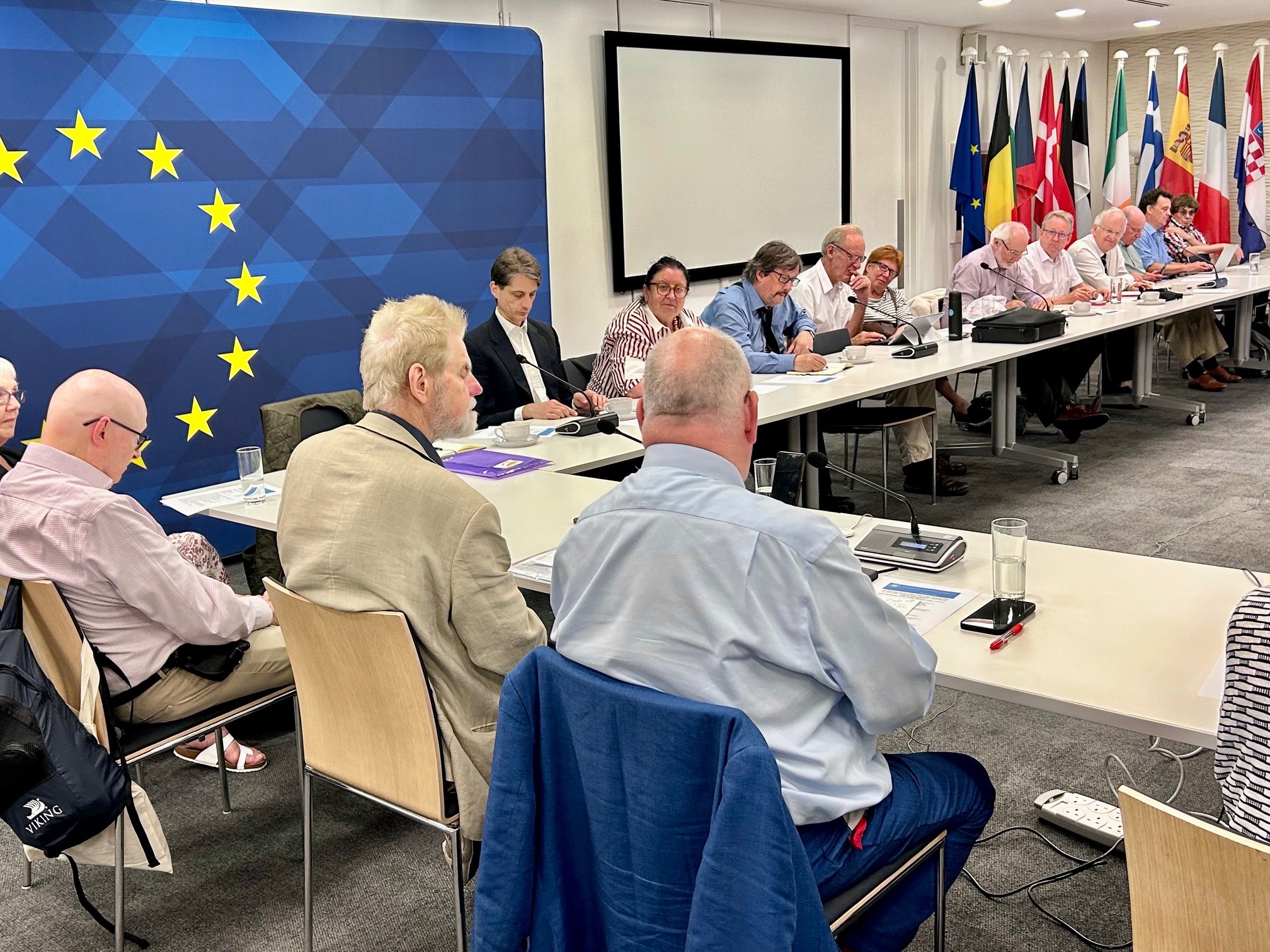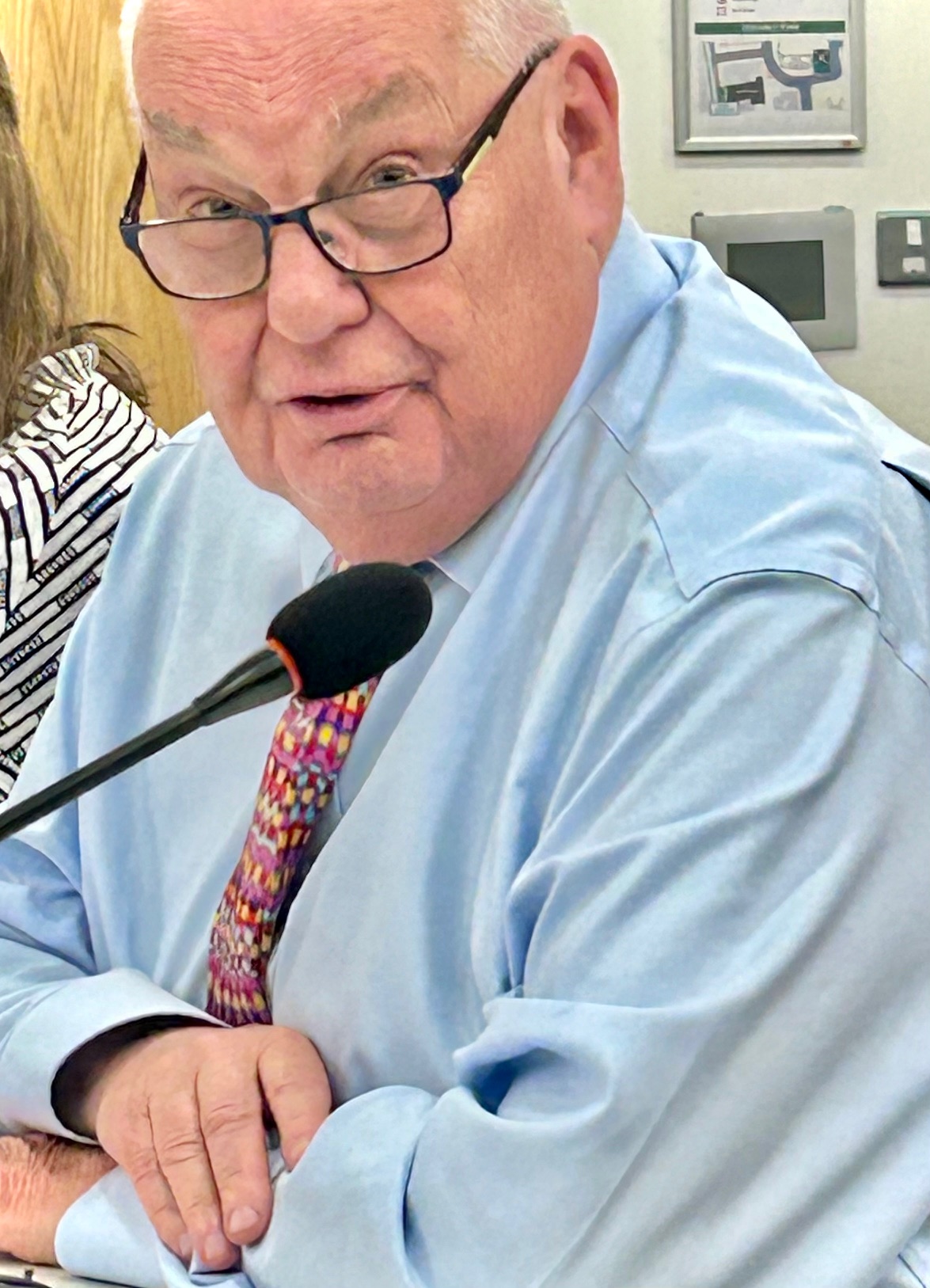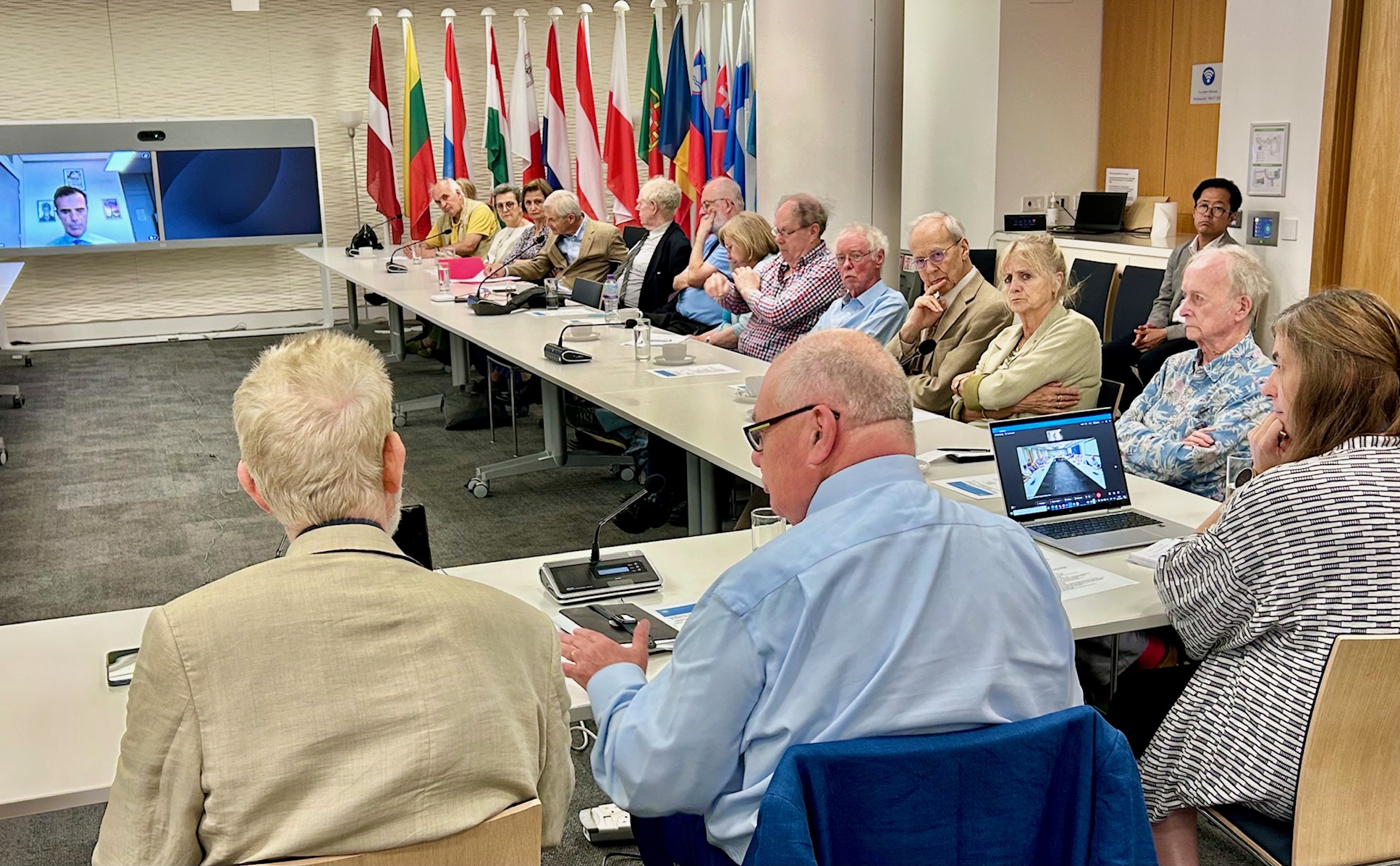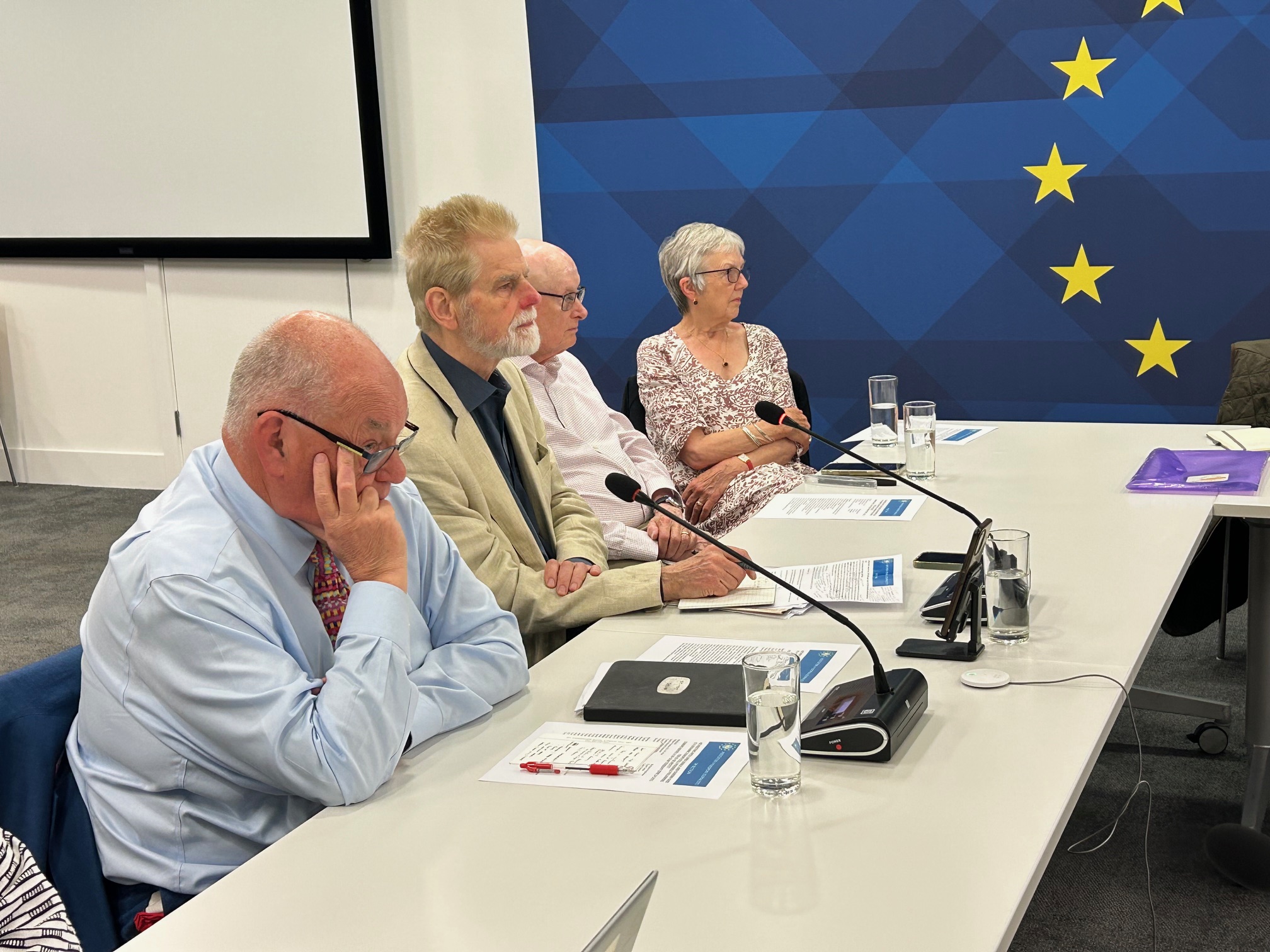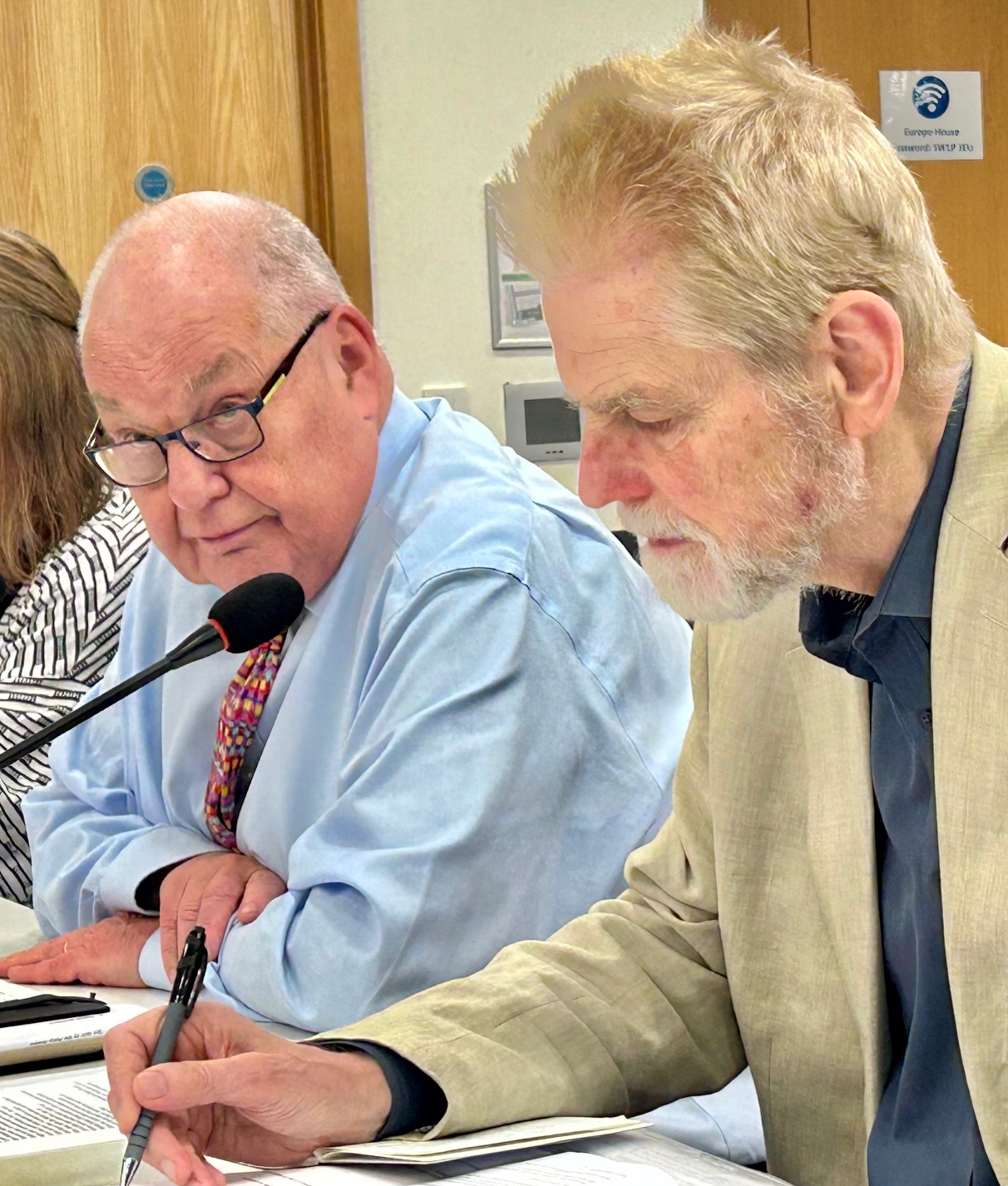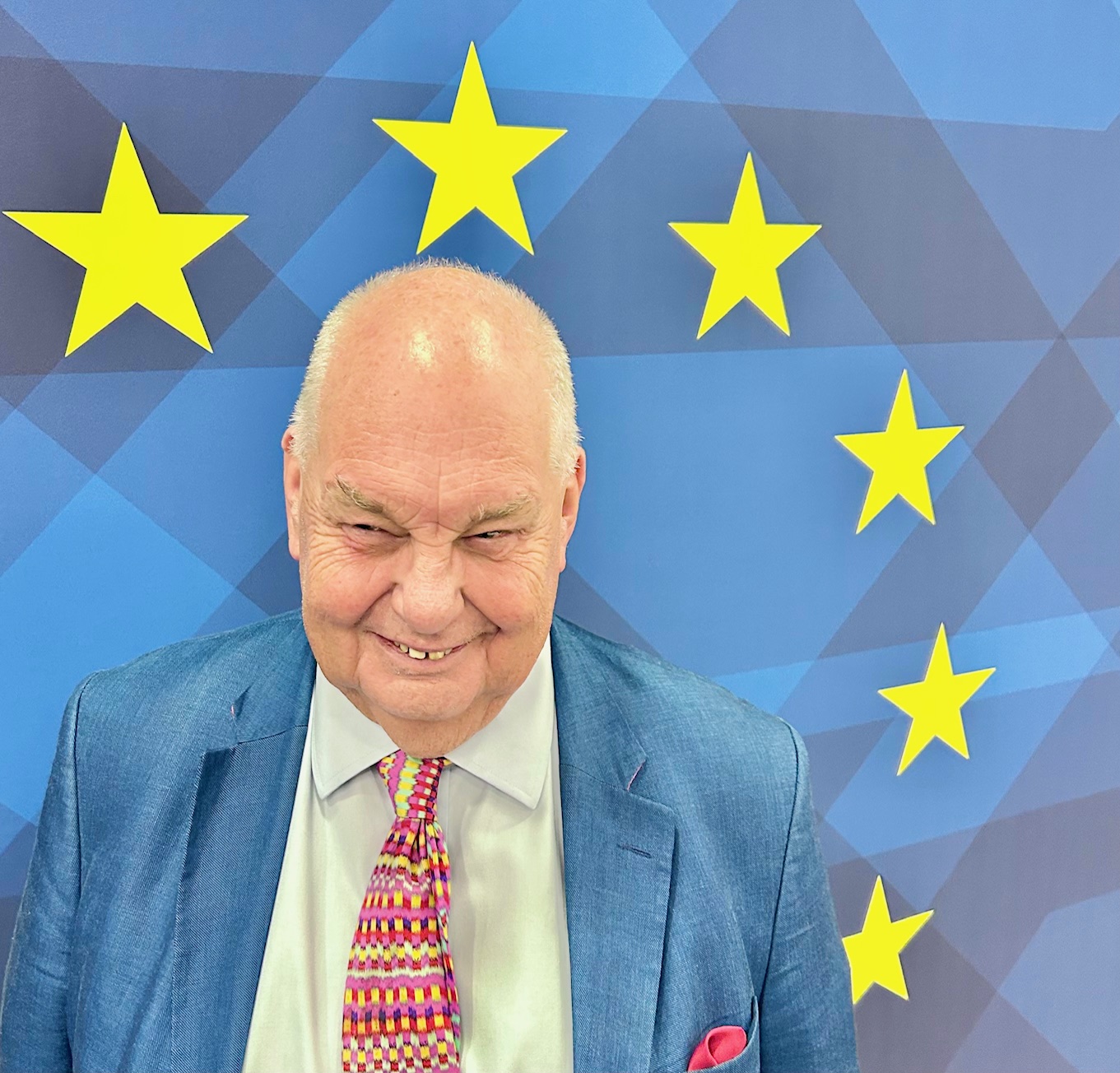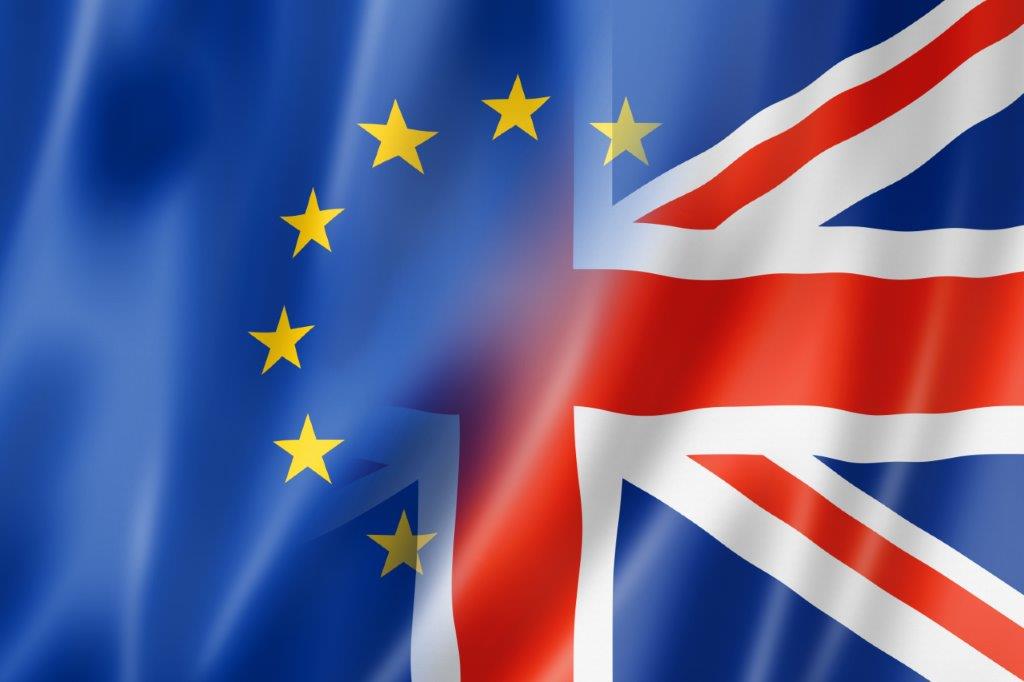Prime Minister Sir Keir Starmer heralded a new era of closer cross-Channel ties coming from the accords announced at May’s EU-UK Summit in London. But actual deals on trade, defence, energy and youth mobility will depend on further negotiations; and better UK access will require both more financial contributions to the EU and UK acceptance of rules made in Brussels.
Two guests discussed that at an AEJ UK meeting on June 24 held at Europe House courtesy of the European Parliament’s Liaison Office in the UK
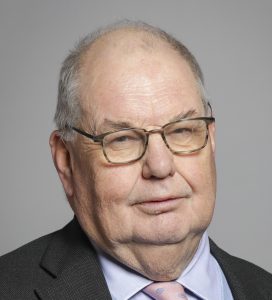
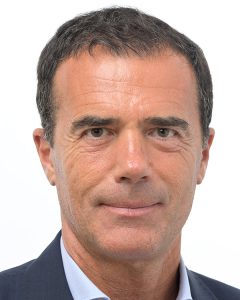
Lord Roger Liddle was at the heart of EU-UK decision-making during a more ambitious European age. He was Tony Blair’s special adviser on Europe from 1997 to 2004, and later served as principal adviser to European Commission President Jose Manuel Barroso.
Sandro Gozi is an Italian MEP for the centrist Renew party and chair of the delegation to the EU-UK Parliamentary Partnership Assembly. He is also a former undersecretary of state for European affairs in the Matteo Renzi and Paolo Gentiloni governments. He joined the meeting remotely.
We have this report from AEJ UK secretary Charles Jenkins
UK-EU reset “good in parts but must do better” – a report card on Europe at the AEJ
Overall, the message from both guest speakers was that while the May 19 summit in London had done much to restore trust and set a positive framework for closer EU-UK cooperation in a number of policy areas, a great deal more would need to be done if a truly “dynamic Europe” is to be achieved. The long-standing “red lines” erected by both sides in the post-Brexit negotiations leading to the 2020 Trade and Cooperation Agreement would continue to restrict the gains for both sides that could flow from closer ties; and political obstacles still make it difficult for the leaders of the UK and the EU member states to bring their populations onside to make major changes to the way things are now.
Sandro Gozi, who co-chairs the 150-member EU-UK Parliamentary Partnership Assembly (75 from each side), welcomed the fact that the EU-UK summit had ratified much of what the parliamentarians on both sides had called for. Above all, agreement had been reached on allowing the UK to play a full role in security and defence cooperation, and be immediately part of the market for defence equipment procurement. Without the UK, European defence and security cooperation would lack credibility. The Russian threat of sabotage, interference or military aggression against EU member states, especially those on its western border, was being taken very seriously by the mainstream parties, but significant numbers of MEPs on both the far right and the far left were now pursuing a pro-Putin agenda.
Secondly, the agreement on common phytosanitary standards would boost two-way agricultural and food trade. And the foundations had at least been laid for a youth mobility scheme going well beyond the Erasmus programme, although the scale of it and other details had yet to be agreed. The fishing agreement was extended for 12 years. Above all trust had been re-established after the recent “difficult years”.
Asked about British pressures on France to act more decisively to stop the migrant boats crossing the Channel, Sandro Gozi argued that the problem requires Europe-wide cooperation and the British government needs to deal with the EU as well as France. He recalled that Italy in the past had an even bigger problem with boats crossing the Mediterranean. The problem relates to the wider issue of police cooperation in tackling trafficking and organised crime. He said that respect for the rulings of the European Court of Human Rights on the part of all countries was vital to effective cooperation both within the EU and between the EU and UK.
In reply to a question about the serious threat to the EU’s proposed Green Claims Directive, Mr Gozi voiced serious concern that the centre-right European Peoples Party appeared to be moving to join with far right parties to undermine the Green New Deal passed by the European Parliament in the previous term, which was meant to be a core EU policy of the present Commission. He remarked that the UK government had embraced similar objectives to those in the EU’s Green New Deal.
Lord Liddle said that the Labour government had done as much as could reasonably be expected to improve the tone of relations with Europe. He thought that the phytosanitary standards agreement should be a model for other sectors. With growth a key part of the government’s agenda, breaking down barriers to exports to the EU was key, but he saw rigid attitudes on the part of the European Commission as a barrier. He called for an urgent study of the various barriers that are still causing the most hindrance to trade between the UK and EU, and how they can be dismantled. That, he said, would be helpful to the stated goals of the UK chancellor, Rachel Reeves’ growth agenda.
On cultural exchanges, Roger Liddle said more work was urgently needed to free up the movement of musicians and their instruments around Europe; the steps so far taken did not seem sufficient. In response to a question about UK film and TV being excluded from the EU’s Creative Europe Programme, he said that the UK should join the programme, as it has the EU Horizon science and technology programme. He noted that the public spending review had backed energy secretary Ed Milliband’s green transition so confirming that UK policy on sustainability and energy is in line with EU policy.
Lord Liddle recalled the leadership shown 25 years ago by the UK government of Tony Blair, and the ambition of the then European Commission President Jose Manuel Barroso, which he implied was sorely lacking today. He was sure that the present UK government was fully committed to the youth mobility proposals But he was critical of the special restrictions and costs to be placed on UK defence manufacturers’ participation in the new Europe-wide defence procurement project. The UK, he insisted, should be fully part of a single European market in defence.
Roger Liddle and Sandro Gozi at the AEJ UK 24 June 2025
